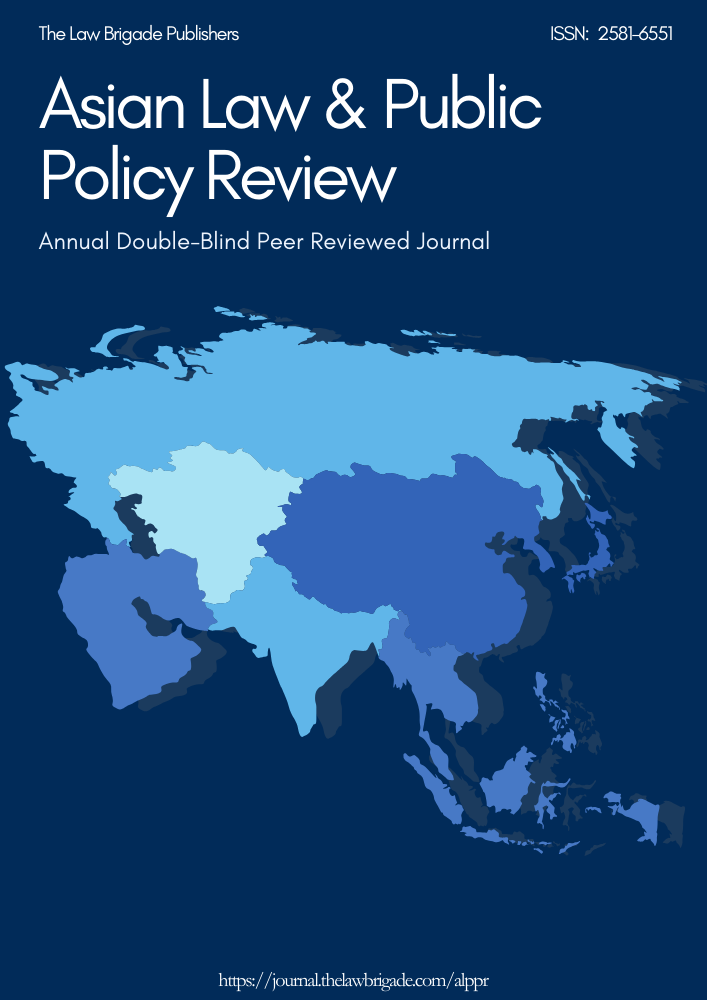THE DECENTRALIZATION AND COMMUNITY HEALTH AT MBANG FULBE IN THE DISTRICT OF NGANHA, ADAMAWA, CAMEROON
Keywords:
Decentralization, Community Health, Health, Sub-divisionAbstract
Following the issue given by World Health Organisation (WHO), Cameroon is committed since 1970 like many other southern Sahara African countries in the process of permanent health in its system which was involved in a critical phase at the beginning of 1980, a period troubled by economic crisis. In other to reach the goal “Santé pour Tous à l’an 2000”, Cameroon choosed to make its basic health, an essential strategy according to the Alma-Ata 1978 conference's resolutions. The real economic crisis which slows down the economic indicators and made Cameroon the poorest African country between 1985 and 1993, appears like the reason why new strategies research were encouraged in every domain, state attributions were transferred to territorial collectivities and public institutions in other to enable them to have their own judicial power and financial autonomy. This article analyses the impact of that decentralization in the public health domain which needs a great implication of the MbangFulbé community to the amelioration of its health.
Downloads
References
i Sidiquee N.A., 1997, Théorie de la décentralisation de l’Etat-Alternative Sud IV, 3 :23-40.
ii www.ninoxor.com, Décentralisation et santé : se mettre à la hauteur des enjeux, consulté le 22 mars 2018.
iii Troisième recensement général de la population et de l’habitat (RGPH), 2005, par le bureau central des
recensements et des études de population du Cameroun (BUCREP).
iv Léon Aucoc, 1895, Les Controverses sur la décentralisation administrative : étude historique, in Revue
politique et parlementaire, Paris, Bureaux, 57 p.
v Djibril Diop, 2006, Décentralisation et gouvernance locale au Sénégal. Quelle pertinence pour le développement
local ?, L'Harmattan, Paris, 267 p.
vi En droit administratif, la tutelle ne vise pas principalement à protéger les intérêts de la collectivité locale. Son
objectif est de sauvegarder l'intérêt général contre d'éventuels excès des autorités locales. Quelques scandales
concernant la gestion des ressources sont parfois observés dans des conseils régionaux ou départementaux.
vii https://fr.wikipedia.org/wiki/sant%c3%a9_communautaire≠cite_note1, consulté le 22 mars 2018.
viii https://fr.wikipedia.org/wiki/sant%c3%a9_communautaire≠cite_note2, consulté le 22 mars 2018.
ix Manciaux, M. et Deschamps, J.-P., La santé de la mère et de l’enfant, Flammarion Médecine Sciences, 1978.
x OMS/UNICEF, Alma Ata, 1978. Les soins de santé primaires, p. 55-56, OMS, Genève, réimpression 1986.
xi Hong et al, 1992, Regulation of secondary metabolism and cell differentiation in Streptomyces: a factor as a
microbial hormone and the AfsR protein as component of a two component regulatory system, Vol. 115, pages
167-172.
xii www.cresppa.cnrs.fr, consulté le 23 mai 2018.
xiii Stratégie de Coopération de l’Organisation Mondiale de la Santé avec les pays. Cameroun 2003-2007, from :
<http://www.who.int/countryfocus/cooperation_strategy/ccs_cmr_fr.pdf>
xiv Le code moral du Peul.
xv Les valeurs de noblesse et de grandeur.
xvi L’esprit de patience.
xviiInterview with a resident of Mbang fulbé during our field investigation on February 15, 2018
Downloads
Published
Issue
Section
License

This work is licensed under a Creative Commons Attribution-NonCommercial-ShareAlike 4.0 International License.
License Terms
Ownership and Licensing:
Authors of research papers submitted to any journal published by The Law Brigade Publishers retain the copyright of their work while granting the journal specific rights. Authors maintain ownership of the copyright and grant the journal the right of first publication. Simultaneously, authors agree to license their research papers under the Creative Commons Attribution-ShareAlike 4.0 International (CC BY-SA 4.0) License.
License Permissions:
Under the CC BY-SA 4.0 License, others are permitted to share and adapt the work, even for commercial purposes, provided that appropriate attribution is given to the authors, and acknowledgment is made of the initial publication by The Law Brigade Publishers. This license encourages the broad dissemination and reuse of research papers while ensuring that the original work is properly credited.
Additional Distribution Arrangements:
Authors are free to enter into separate, non-exclusive contractual arrangements for distributing the published version of the work (e.g., posting it to institutional repositories or publishing it in books), provided that the original publication by The Law Brigade Publishers is acknowledged.
Online Posting:
Authors are encouraged to share their work online (e.g., in institutional repositories or on personal websites) both prior to submission and after publication. This practice can facilitate productive exchanges and increase the visibility and citation of the work.
Responsibility and Liability:
Authors are responsible for ensuring that their submitted research papers do not infringe on the copyright, privacy, or other rights of third parties. The Law Brigade Publishers disclaims any liability for any copyright infringement or violation of third-party rights within the submitted research papers.


